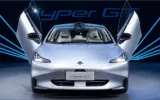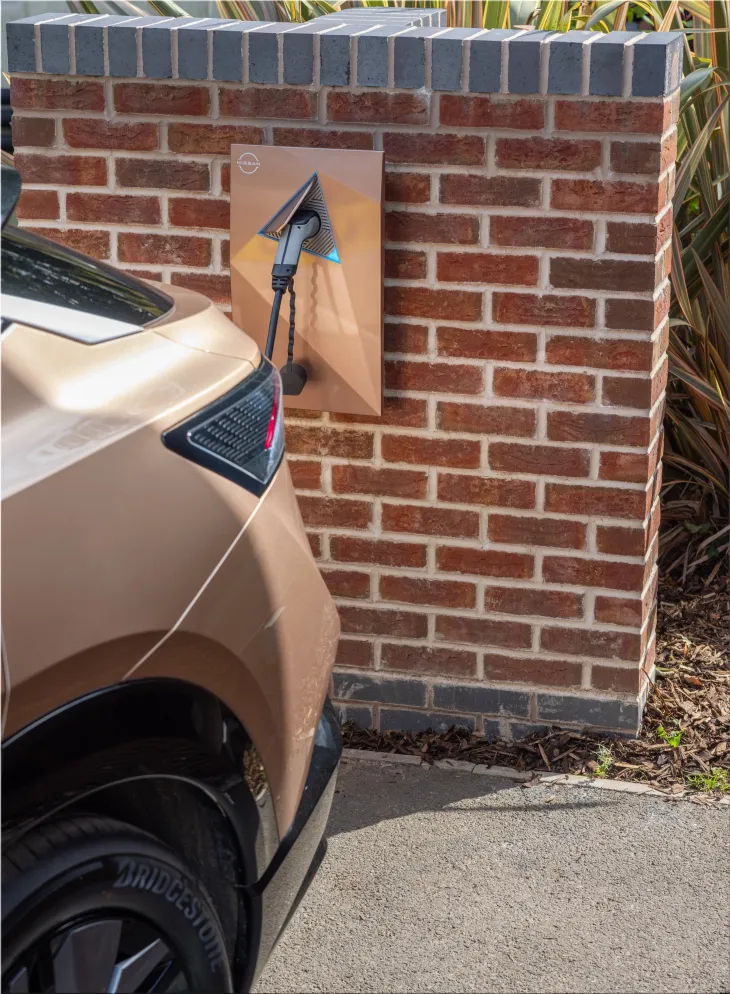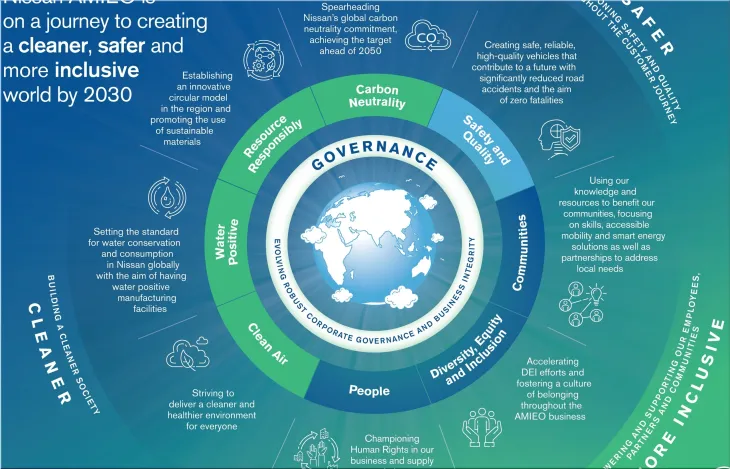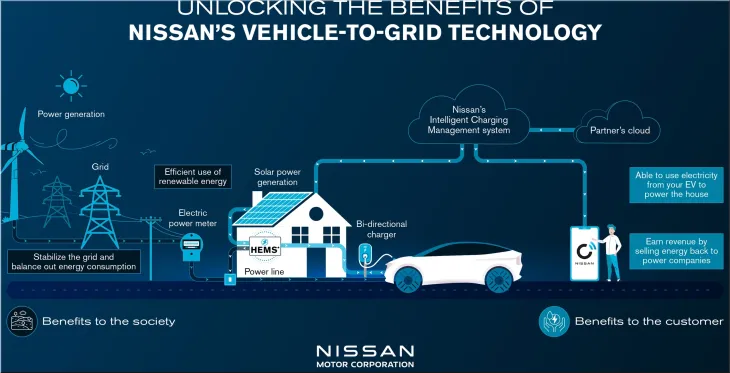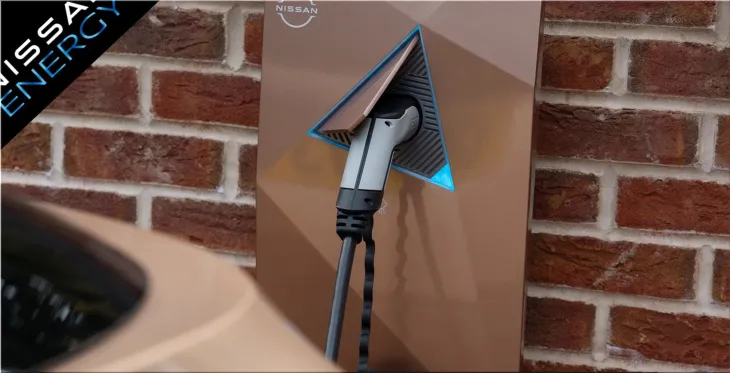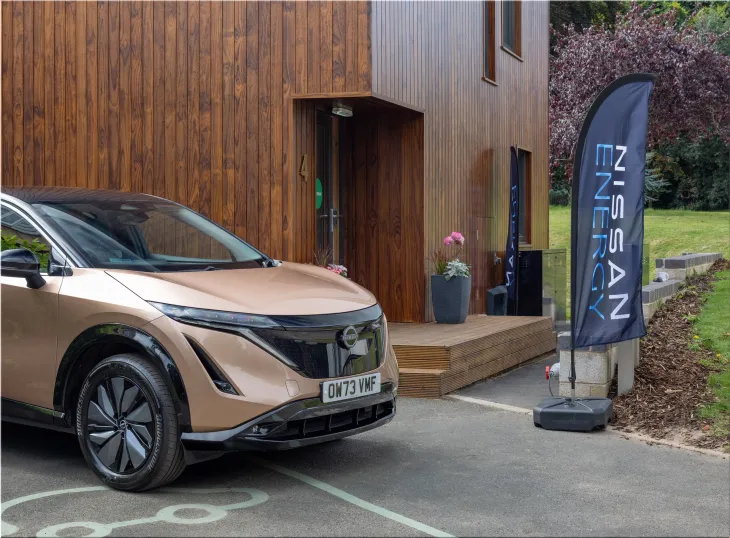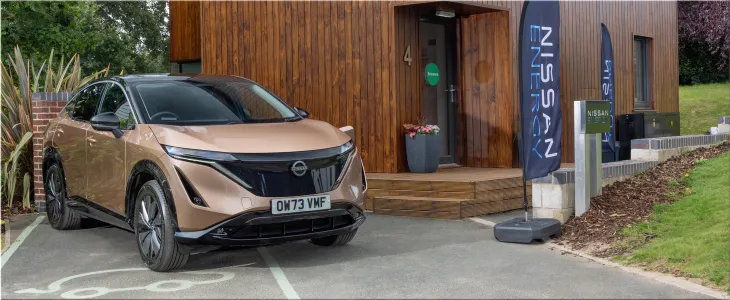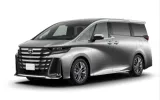Nissan is making headlines with its announcement to launch affordable Vehicle-to-Grid (V2G) technology by 2026. This innovative approach aims to integrate electric vehicles (EVs) into the energy ecosystem, allowing them to not only consume energy but also supply it back to the grid. This development could significantly impact both the automotive and energy sectors.
What is Vehicle-to-Grid Technology?
Vehicle-to-Grid technology enables electric vehicles to communicate with the power grid. Here’s how it works:
- Energy Storage: EVs can store energy from the grid during off-peak hours.
- Energy Supply: During peak demand, these vehicles can return stored energy to the grid.
- Grid Stability: This process helps stabilize the grid and reduces the need for additional power plants.
Nissan's Vision for V2G
Nissan's commitment to V2G technology aligns with its broader strategy to promote sustainable energy solutions. The company aims to make this technology accessible to a wider audience. Key points include:
- Affordability: Nissan plans to offer V2G technology at a price point that appeals to everyday consumers.
- Sustainability: This initiative supports the transition to renewable energy sources.
- User Empowerment: Owners of Nissan EVs will have the ability to manage their energy consumption and potentially earn money by supplying energy back to the grid.
Benefits of Nissan's V2G Technology
The introduction of affordable V2G technology by Nissan presents several advantages:
- Cost Savings: Consumers can save on energy bills by using stored energy during peak hours.
- Environmental Impact: Reducing reliance on fossil fuels contributes to lower carbon emissions.
- Energy Independence: EV owners can become less dependent on traditional energy sources.
The Future of the Auto Industry
Nissan's move towards V2G technology reflects a significant shift in the auto industry. As more manufacturers explore similar technologies, the following trends are likely to emerge:
- Increased EV Adoption: As V2G becomes mainstream, more consumers may opt for electric vehicles.
- Smart Grid Integration: The collaboration between EVs and the power grid will enhance energy management systems.
- Innovative Business Models: New revenue streams for EV owners will emerge, creating a more dynamic energy market.
Conclusion
Nissan's plan to launch affordable Vehicle-to-Grid technology by 2026 marks a pivotal moment in the intersection of the automotive and energy sectors. By making this technology accessible, Nissan not only promotes sustainability but also empowers consumers to take control of their energy use. As the world moves towards greener solutions, Nissan's initiative could set a new standard for the future of electric vehicles.
